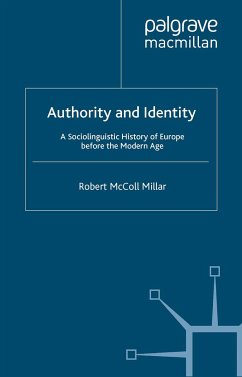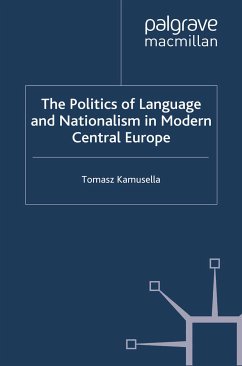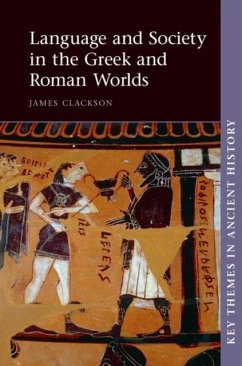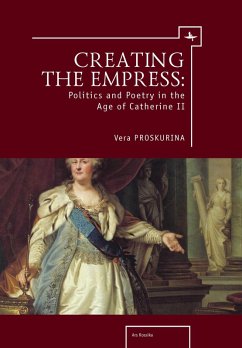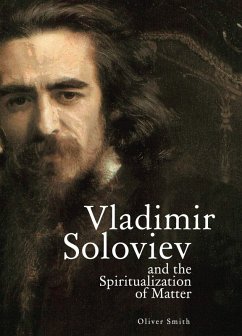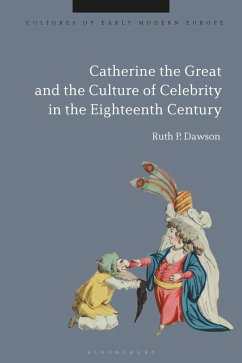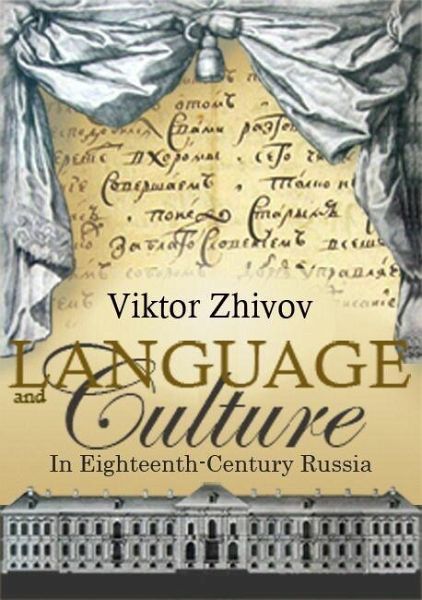
Language and Culture in Eighteenth-Century Russia (eBook, PDF)

PAYBACK Punkte
0 °P sammeln!
Viktor Zhivov (PhD Moscow University) was a professor at UC Berkeley and the Russian Language Institute of the Academy of Sciences, Moscow. His publications included Ocherki istoricheskoi morfologii russkogo iazyka XVII-XVIII veka (2004), Razyskaniia voblasti istorii i predystorii russkoi kul'tury (2002), and Jazyk I kul'tura v Rossii XVIII veka. Professor Zhivov passed away in April 2013.
Dieser Download kann aus rechtlichen Gründen nur mit Rechnungsadresse in A, B, BG, CY, CZ, D, DK, EW, E, FIN, F, GR, HR, H, IRL, I, LT, L, LR, M, NL, PL, P, R, S, SLO, SK ausgeliefert werden.




